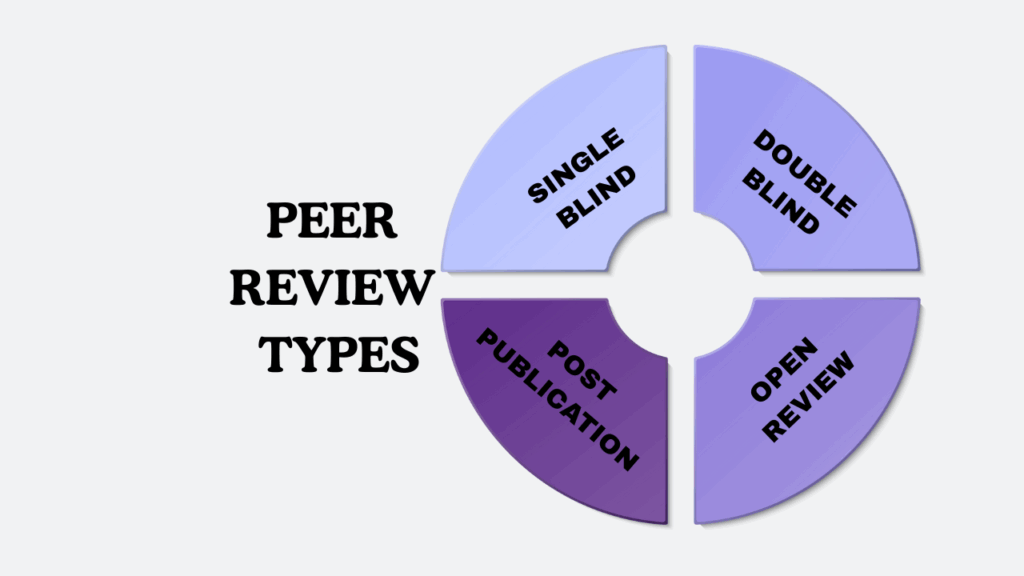Peer Review Week 2019: What was the industry talking about on Twitter?

If you’ve been keeping up with our activities this month, you already know that September was a busy month for us. We celebrated the fifth year of Peer Review Week, and we were very excited to be on the Organizing Committee this year. Throughout the week, several professionals and entities in academic publishing took to Twitter to join the celebrations, participate in discussions, and share their opinions on this year’s theme – Quality in Peer Review.
Both the Peer Review Week hashtags – #PeerRevWk19 and #QualityInPeerReview – were flooded with interesting peer review-related posts in multiple formats. Was it challenging for you to keep up with trending Twitter conversations over the course of five days? To ensure you didn’t miss anything, we’ve compiled a short list of tweets that were most engaged with and trended on one or both hashtags despite tough competition. We hope this gives you a snapshot of the most interesting conversations in the academic publishing industry during Peer Review Week 2019!
1. Sense about Science shines a light on researcher’s views on quality in peer review
Sense about Science, an independent campaigning charity advocating for honesty and integrity in science, released its Peer Review Survey 2019. Conducted in collaboration with Elsevier, the survey had more than 3000 responses and examined researcher perspectives around peer review quality and trust.
We’ve surveyed 3000 researchers globally with @ElsevierConnect to find out what they think of Peer Review, and we’ve found that they want research outputs to be accompanied by better quality indicators #QualityInPeerReview #PeerRevWk19 https://t.co/2lqaNwOpmt
— Sense about Science (@senseaboutsci) September 16, 2019
2. Publons names the world’s top peer reviewers for 2019
On Day 2 of Peer Review Week 2019, Publons announced their much anticipated Global Peer Review Awards, revealing the world’s top peer reviewers for 2019. The awards were divided into three main categories: (1) Top 1% in Field, which named peer reviewers who qualified for the top 1% in each of the 22 Essential Science Indicators research fields; (2) Excellent Reviews, which announced the top 10 Publons reviewers “ranked by the number of reviews rated as ‘excellent’ by the handling editor or author for pre-publication reviews” completed within a specified time period; and (3) the Top 10 Handling Editors.
MAJOR ANNOUNCEMENT! The world’s top peer reviewers for 2019 have been announced on Publons! Were you named? See the full list: https://t.co/LfMWiCaAbF #SentinelsofScience #PeerRevWk19 #PeerReview pic.twitter.com/WfGprOjUne
— Publons (@Publons) September 17, 2019
3. COPE shares ethical guidelines for peer reviewers
In order to help peer reviewers uphold peer review quality across disciplines, COPE shared ethical guidelines for reviewers. These guidelines indicate the basic principles and standards that all peer reviewers must adhere to during the peer review process. They cover aspects such as conducting a peer review, preparing a peer review report, what to consider after peer review, etc.
Peer reviewers play a role in ensuring the integrity of the scholarly record. COPE’s Ethical Guidelines for Peer Reviewers set out the basic principles and standards to help peer reviewers through the process for #QualityInPeerReview. #PeerRevWk19 https://t.co/NaI5zaOKgt pic.twitter.com/6kMBfX97bv
— Publication Ethics (@C0PE) September 19, 2019
4. What can you do to be a good peer reviewer?
The Scholarly Kitchen published seven insightful tips on how you can be a good peer reviewer. Jasmine Wallace, the author of this post, is the Peer Review Manager at the American Society for Microbiology. Based on her experience in the industry, she shared that “the streamlined process of peer review is complicated when reviewers with good intentions do bad things.” However, she also indicates that “bad reviewers” who exhibit ineffective and inefficient behaviours can surely change with a little help.
How to Be A Good Peer Reviewer #QualityInPeerReview #PeerRevWk19 https://t.co/mgvC0zzDjk pic.twitter.com/TCkOEOhOe8
— Scholarly Kitchen (@scholarlykitchn) September 17, 2019
5. Springer Nature explores the role of research integrity in peer review
In keeping with this year’s theme, Springer Nature did a series of interviews with experts from their journals’ editorial boards and the director of the Research Integrity Group at Springer Nature to understand how research integrity interacts with the peer review process. They tried to answer critical questions such as – What are the research integrity issues facing peer review? What is peer review manipulation?
For this year’s peer review week, we explore the role research integrity has in the peer review process. Watch the interviews we did with a number of experts to find out more. https://t.co/6kgRjiO9Ep#PeerRevWk19 #QualityInPeerReview pic.twitter.com/180nYKexVN
— Springer Nature (@SpringerNature) September 18, 2019
6. What determines peer review quality – Wiley explores 5 essential areas
The academic publishing industry is certainly in consensus about the need for improving quality in peer review. But what determines peer review quality? In this 1-minute video, Wiley Managing Editor, Tom Gaston talks about five essential areas of peer review that journals should consider viz. integrity, ethics, fairness, usefulness, and timeliness.
What determines #QualityinPeerReview? Check out this video with Wiley Managing Editor Tom Gaston explains 5 essential areas to focus on! #PeerRevWk19 pic.twitter.com/xfs2LjDdzN
— Wiley in Research (@wileyinresearch) September 17, 2019
7. Could transparent peer review improve peer review quality?
@PeerReviewWeek – the official Peer Review Week Twitter profile – ran several interesting polls leading up to and during the week. Of these, the one that received the most engagement in terms of votes, likes, and shares was that which questioned whether transparency is the key to improving peer review quality. Interestingly, for a large majority of respondents (74%), the answer to this question was a resounding yes! Do you agree?
Do you think transparent peer review can improve the quality of reviews? #PeerRevWk19 #QualityInPeerReview
— PeerReviewWeek (@PeerRevWeek) September 17, 2019
So what did you think? Did any of these developments or discussions surprise you? Which of these resources did you find most useful? Go ahead and tell us in the comments section. We’d love to hear from you!






